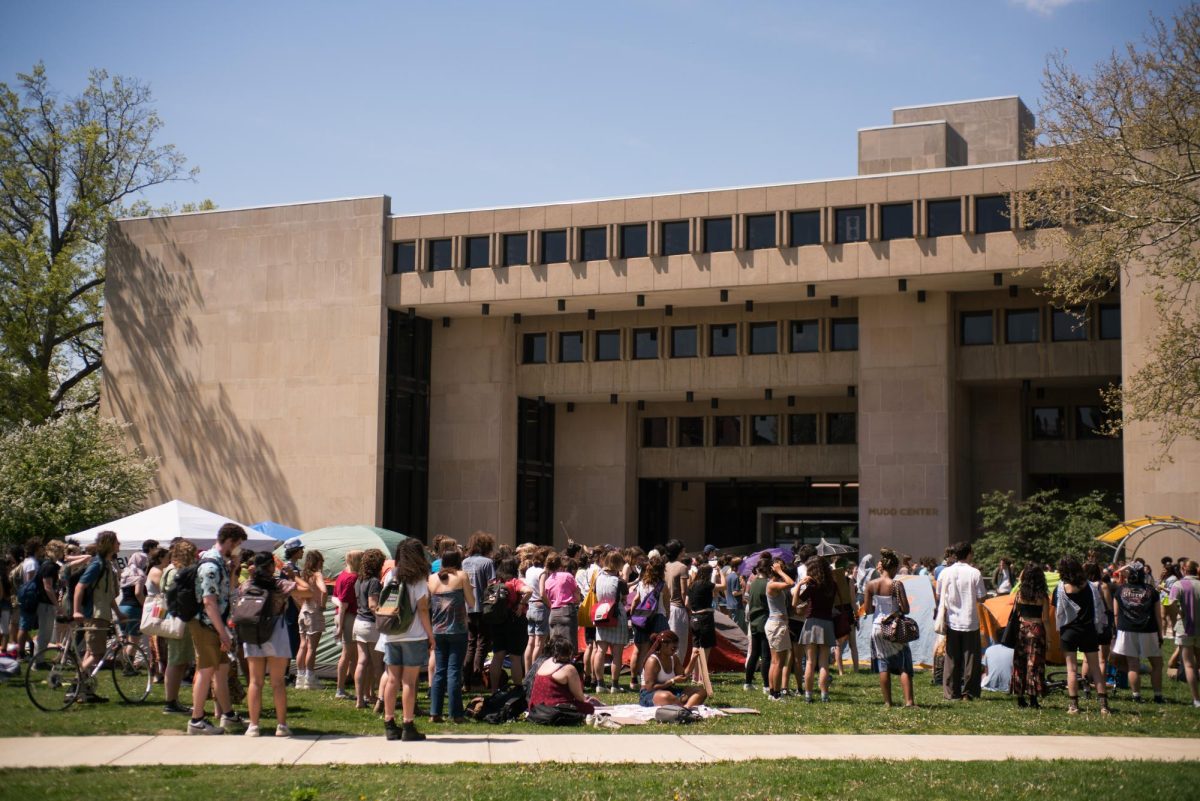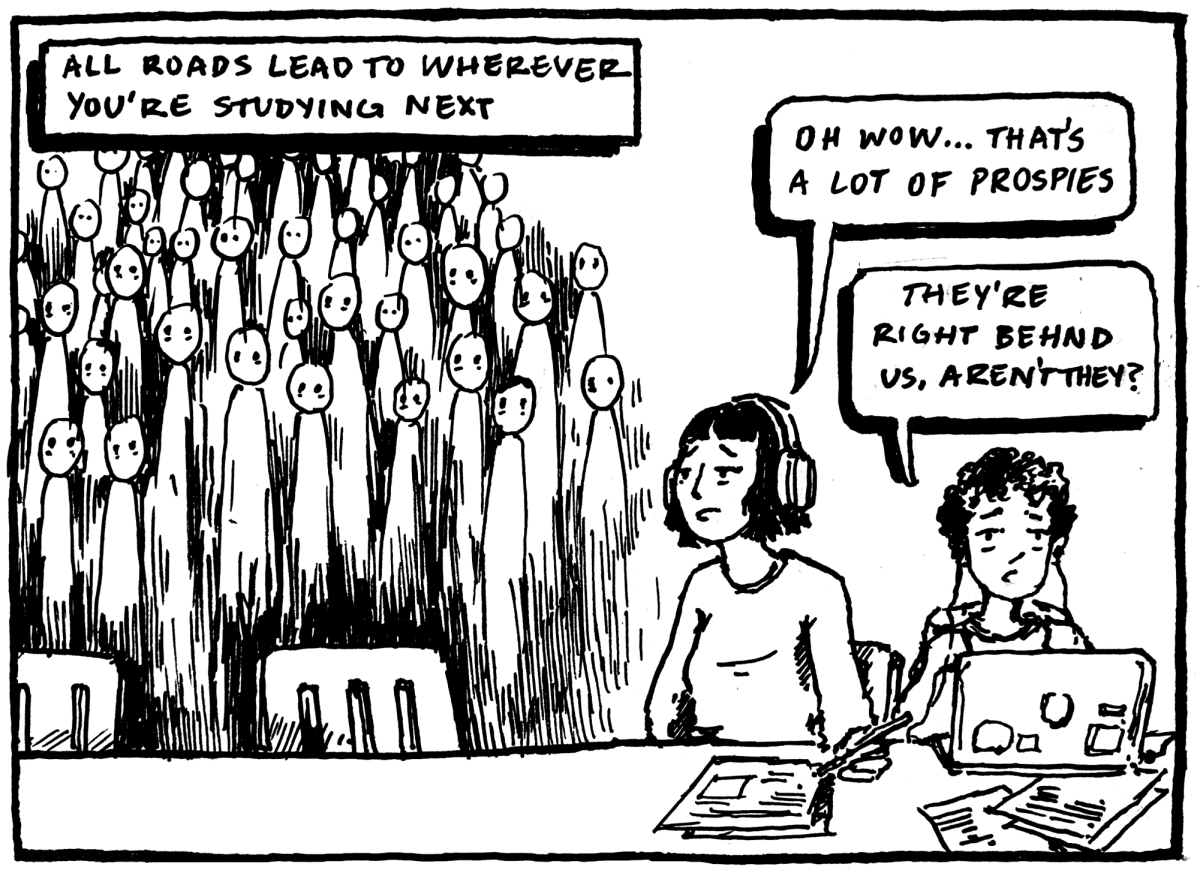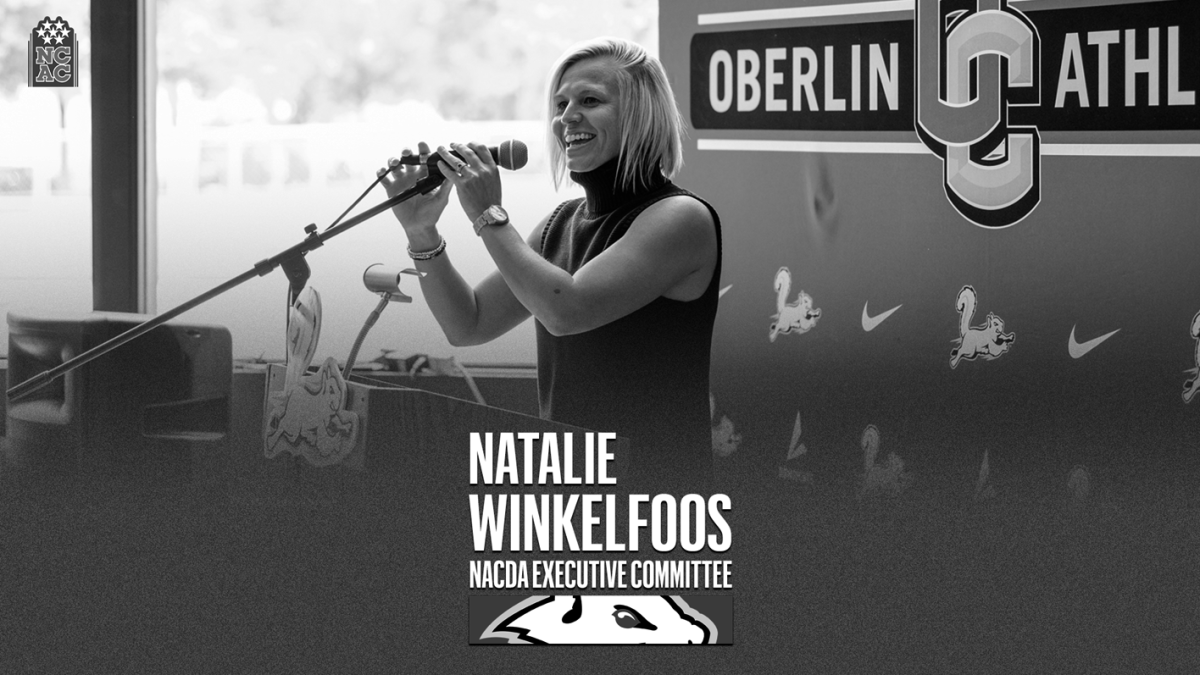Around a month ago, the Foundation for Individual Rights and Expression released their 2024 College Free Speech Rankings. Students were surveyed through a mobile app/web portal about their “experiences regarding free speech on campus.”
When I first heard that this list was out, I hesitantly clicked on the link leading to the 80-page report, apprehensive to see the presumably low rank they had given Oberlin. This fear did not come from a personal low opinion of Oberlin’s ability to maintain free speech, but rather the tendency of Oberlin’s reputation to precede itself.
Oberlin was named #75 out of 248 schools, making its ranking higher than around 70 percent of the other colleges studied, with FIRE succinctly describing its speech climate as “average.” As a private university, Oberlin does not have to adhere to the same First Amendment laws regarding free speech that public schools do. Even still, it was surprisingly ranked higher than even some public colleges. These results insinuate that, despite this legal difference, students at Oberlin feel that their experiences indicate a campus that cares about freedom of speech just as much as any other college.
However, if you asked most right-leaning media outlets, it is likely they would be surprised by Oberlin’s place on the freedom of speech index. In general, whenever Oberlin is profiled by right wing news outlets, it is usually not in a positive light. Just a few examples:
“Oberlin College in ANOTHER legal battle over defaming bakery: Woke school now sues insurance companies for refusing to cover $37 million it had to pay family business over false racism claims” (Flipboard, 2023).
“Oberlin College coach said: ‘Felt like I was burned at the stake’ over opinion on trans athletes in women’s sports’” (Fox News, 2023).
“Oberlin College’s ‘Woke’ Curriculum Offers Avoiding Responsibility 101” (The American Society of Defense, 2022).
These publications specialize in “rage baiting,” a term describing content that is designed to evoke strong feelings of anger. They know what will upset their dedicated readers. However, it is possible that these often misleading headlines actually work in Oberlin’s favor.
Most students applying become aware of its liberal tendencies after a few simple Google searches. Those who end up actually committing to the school tend to do so because of its reputation. While this does mean that there is somewhat of an echo chamber on campus, the students here are still often exposed to differing opinions.
Recently, a pastor from the Cleveland Street Preachers, made an appearance on campus. I do not want to falsely assume the intent of this visit, but it definitely seems that they wanted to evoke a negative reaction from the students here. While I did not see the event in person, I did watch the subsequent video that was uploaded to their YouTube channel, titled “Preaching At One Of America’s Most Liberal Colleges…” Aside from a few middle fingers and shouts, Oberlin students seemed to approach the preacher in a respectful manner, even when his own words became far from that.
This is also not to say that students need to be open towards bigoted statements. Dealing with someone who has a differing viewpoint is not at all the same as someone who spouts hate speech, and no student should be expected to maintain good will toward the latter.
Another surprising placement was that of Harvard University, which was ranked #248. This was, again, out of 248 schools. Their speech climate was described as “abysmal,” with a resounding overall score of 0.00, over 11 points below the second lowest school.
When I read about the incidents that placed Harvard so low on the list, I had to admit that multiple of them were somewhat concerning. In one of them, a Harvard student newspaper ran a cartoon that criticized the Career Services Department. They then, allegedly, received a verbal warning from the administration, which led to the resignation of one of the members of the newspaper staff. I have written pieces published in this very newspaper critiquing the College and have never received any warnings or messages about them from the higher-ups who are being criticized.
It is undeniable that institutions like Harvard have more of a reputation to uphold than Oberlin does. In order to maintain its elite appearance, the school must be careful not to accidentally support negative expressions. In fact, according to FIRE, one Harvard student was asked to take down a flag depicting Nicki Minaj bikini clad in front of the American flag, as it could be considered “offensive.”
Oberlin still, presumably, must uphold a certain image, but at least its very existence does not rely on its status as an “elite” institution. To most, Oberlin is known as a good school with an even better conservatory, if they have even heard of the school at all. Most people from my hometown had never heard of Oberlin until I told them that I was enrolled there — and I’m from Ohio!
None of these statements I have made are to say that Oberlin has a total grasp on this whole freedom of speech concept. The administration here has a habit of giving students the benefit of the doubt beyond what seems to be a reasonable point and often makes questionable decisions regarding rebukes and who deserves them.
But at least I am allowed to say that.
At the end of the day, most students attend college to learn and grow. This clearly cannot be done in an environment where those in charge do not actively fight against bigotry and hatred, which is why Oberlin should keep making strides to do so, as everyone here has the right to feel safe around one another. Still, in order to maintain the integrity of an enriching liberal arts education, Oberlin must also continue to encourage and support its students’ ability to freely express themselves and their opinions, controversial or not.






